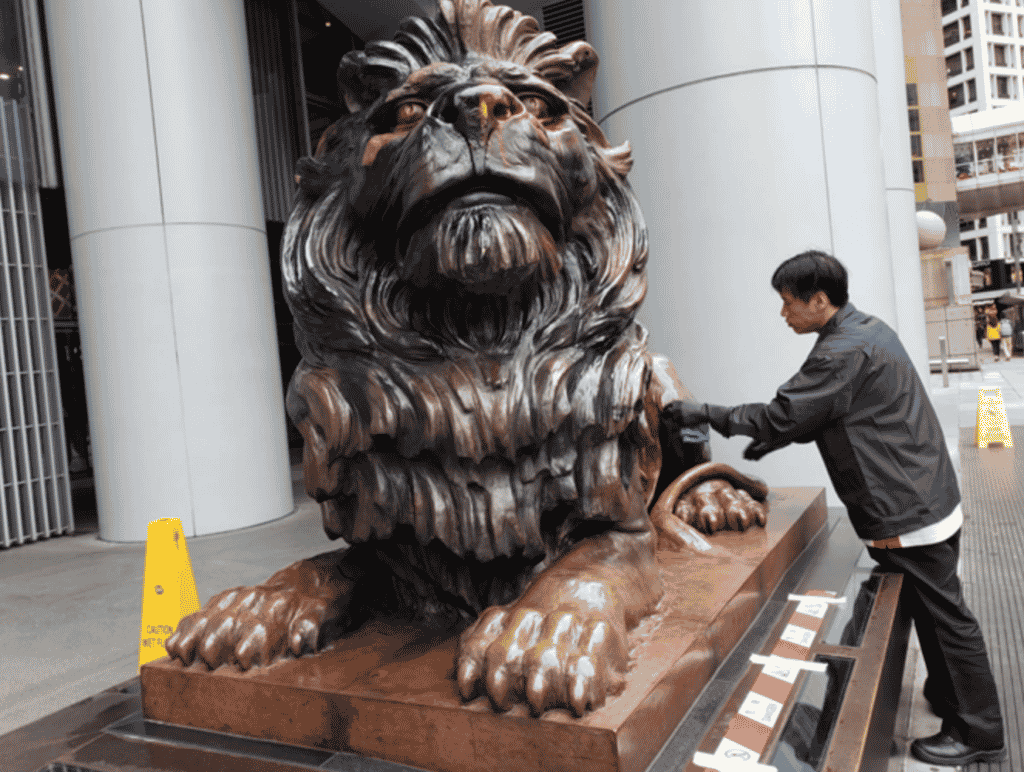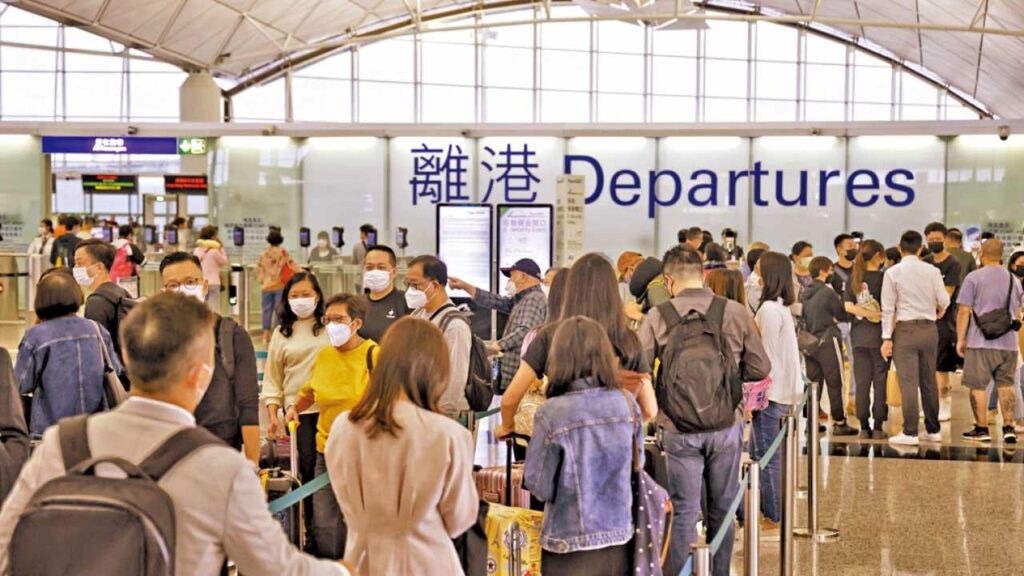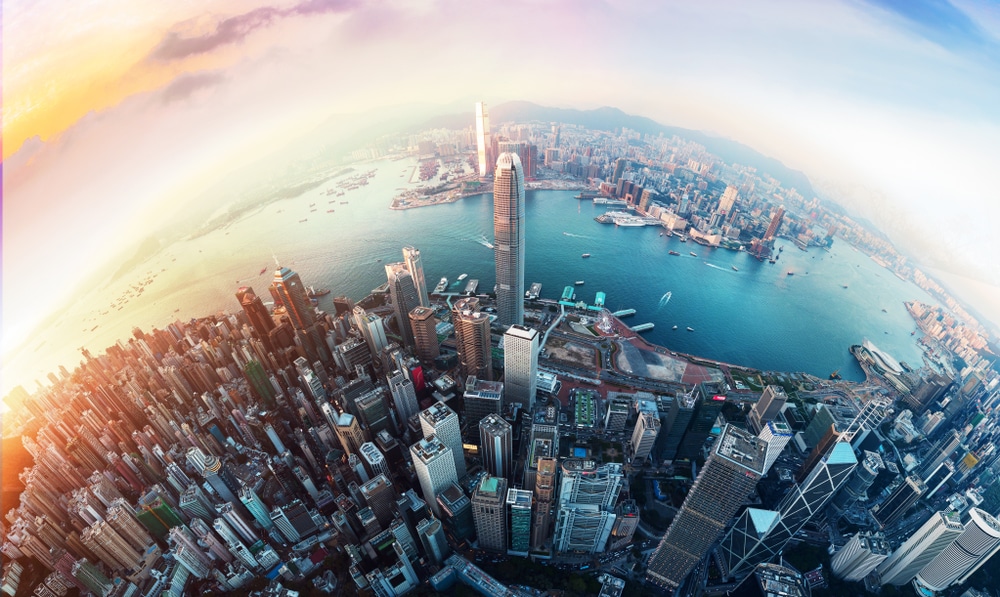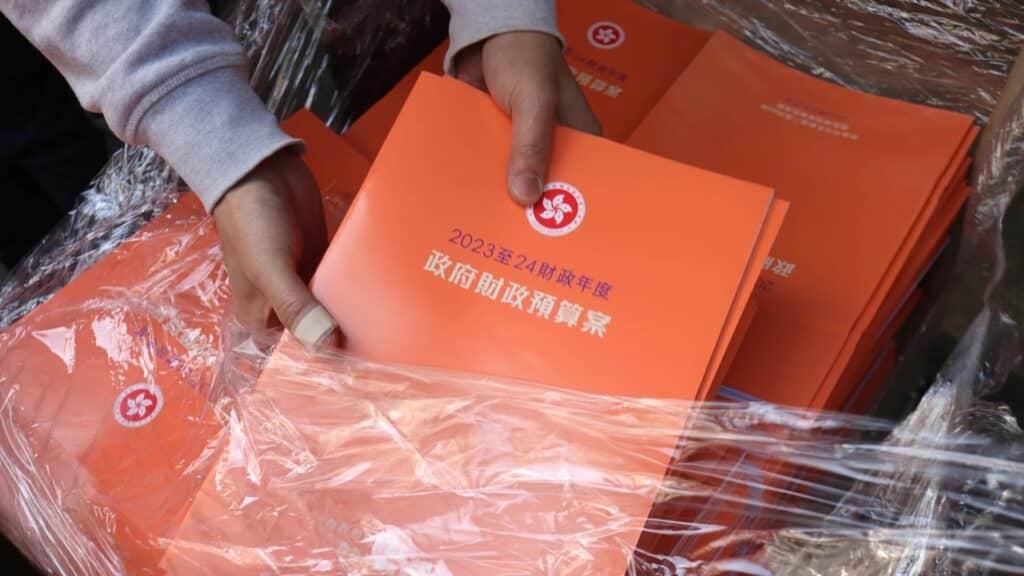The HSBC Bronze Lion reappeared, and Chinese merchants removed the hoardings, looking through the business community to judge that the social movement has cooled down. Recovery from the epidemic is the top agenda. Citizens are tired of fighting the epidemic and hope to shorten social distance. The industry is also striving to relax various restrictions, envisioning travel bubbles and health codes, and hoping to resume economic activities as soon as possible. The forty years of the Shenzhen Special Administrative Region have focused the attention of all walks of life on the evolution of the competition between the two cities. The 14th Five-Year Plan also reminds Hong Kong to pay attention to its socio-economic status in the overall national development situation. Although pro-democracy members who do not support the Basic Law and are not loyal to the SAR have been expelled from the Legislative Council by the Standing Committee of the National People's Congress, which has shaken the political arena, the public has once again paid attention to economic and people's livelihood issues. It is believed that the answer to the Hong Kong issue in the "Policy Address" will continue to be based on restoring the economy and Alleviating people's difficulties is the main focus.
A booming economy can stabilize politics
On the one hand, political problems must ultimately be resolved politically. On the other hand, some believe that participants in social movements also have other personal pursuits. In that case, can economic and livelihood measures alleviate public grievances? There has always been a saying in election research that there are economic voters, and that a prosperous economy is beneficial to re-election. A notable negative example was in the early 1990s, when Clinton shouted "Stupid, the problem is the economy!" and defeated George H.W. Bush to become the president of the United States. Professor Weiqiang Tang of the Department of Political Science at the University of California, Los Angeles, who passed away last month, studied social movements during the Ming Dynasty for more than 200 years. He found that peasant uprisings were inseparable from class conflicts, but such local unrest was more like the people's reaction to natural disasters. In times of man-made disasters, there are ways to survive in economic difficulties. This shows that there is some basis for the claim that economic prosperity helps stabilize politics.
I have read a point of view that applies the relationship between economic performance and social unrest to Hong Kong. For example, the SARS epidemic in 2003 brought about a recession in all industries, sparking the July 1st march against the Article 23 legislation. The logic behind this is quite simple: the government is the ruler of society, and if citizens have any dissatisfaction, the government will naturally be the target of venting. With this in mind, the boiling public discontent that erupted with the "Occupy Central" movement in 2014 and the amendment to the Fugitive Offenders Ordinance in 2019 can be linked to Hong Kong's sluggish economic development and unresolved deep-seated contradictions. This theory may be self-consistent, but it seems unable to explain why Hong Kong experienced a period of relative political calm after the Asian financial crisis in 1998 and the global financial crisis in 2008.
Social justice is more important than personal prospects
I believe many people would agree that the worse the economic conditions are, the more unfair society seems to them. However, a survey conducted by Democratic Ideas found that the relationship between the two actually varies from person to person. The views of the middle class and non-degree college students are indeed as generally understood, but the young people see it in the opposite way. Young people are more optimistic about their economic prospects than older people, but they also believe that social policies are more unfair. They exude an altruistic spirit and, even though they are confident in their personal abilities, they also value the social rights of their peers, reflecting the civic values of pursuing equality and justice.
Social injustice is a subjective feeling. Respondents see it as a lack of government governance and one of the reasons why a high degree of autonomy is not as ideal as expected. Daily government functions are a microcosm of the operation of the macro-political system. A large number of citizens believe that they can only evaluate "one country, two systems" based on the government's performance. In the survey, more than half of people in all age groups, education levels, political inclinations, and income groups believed that the government should increase spending, review the tax system to help the poor, and participate more in the market economy. Political reform is what the people want. If there is no room for mediation, we should start with internal governance and use economic and livelihood measures to reshape the fair competition environment, so as to address the symptoms and promote the root cause.
(This research project is funded by the Hong Kong SAR Government’s Innovation Office Public Policy Research Funding Scheme (Special Round).)
Ray Poon
Co-Convenor (Research), Path of Democracy



